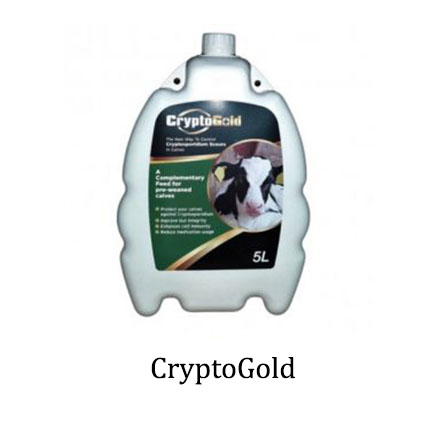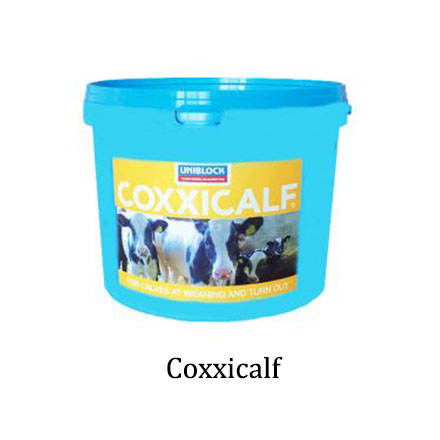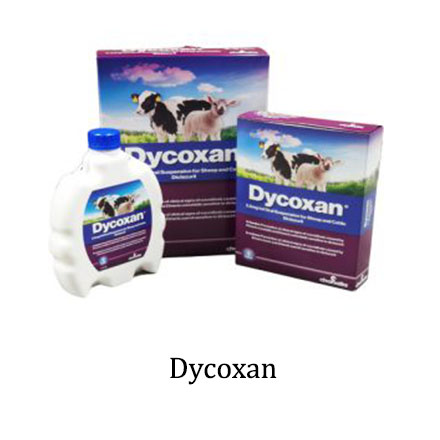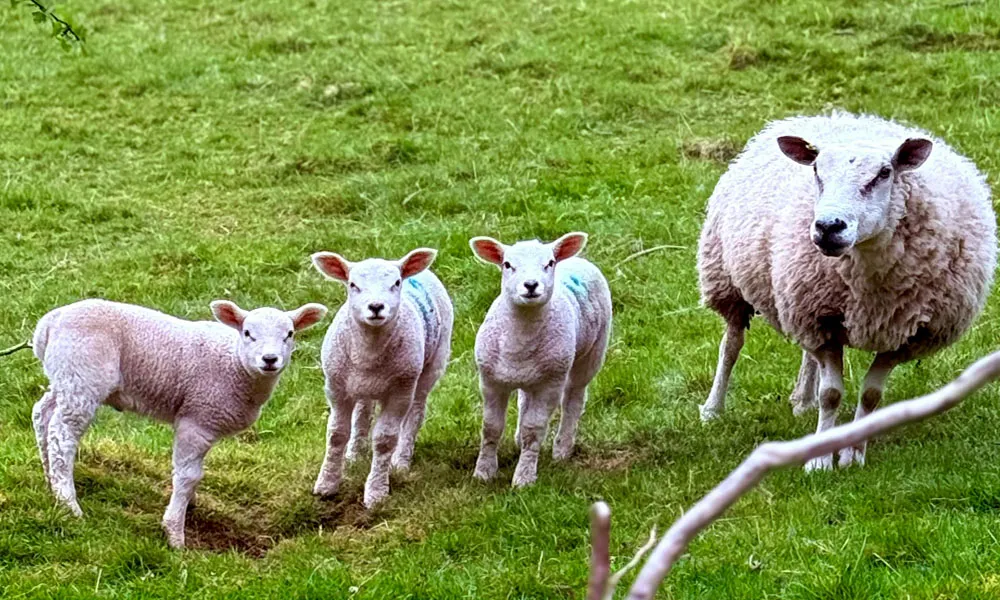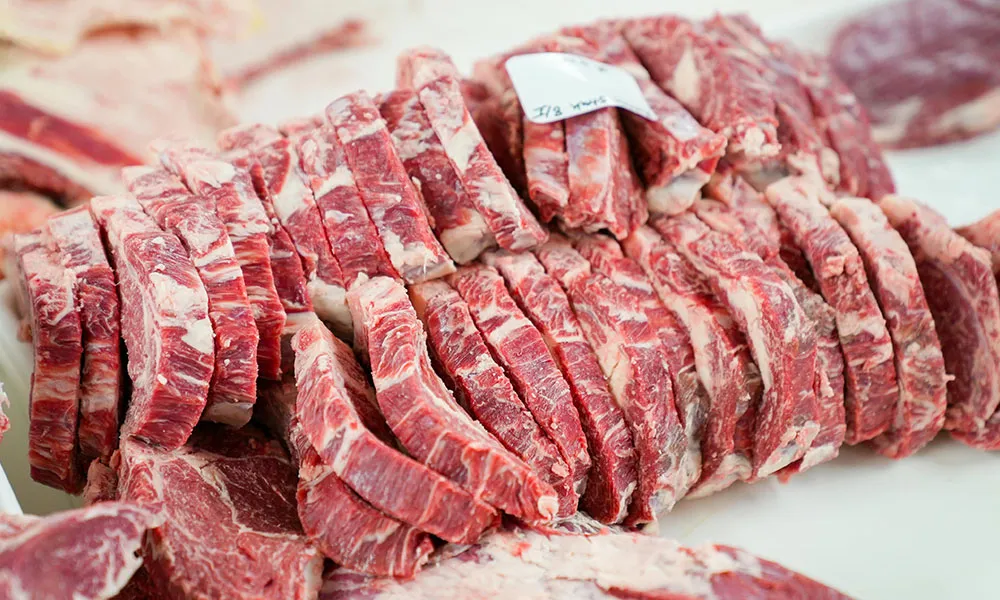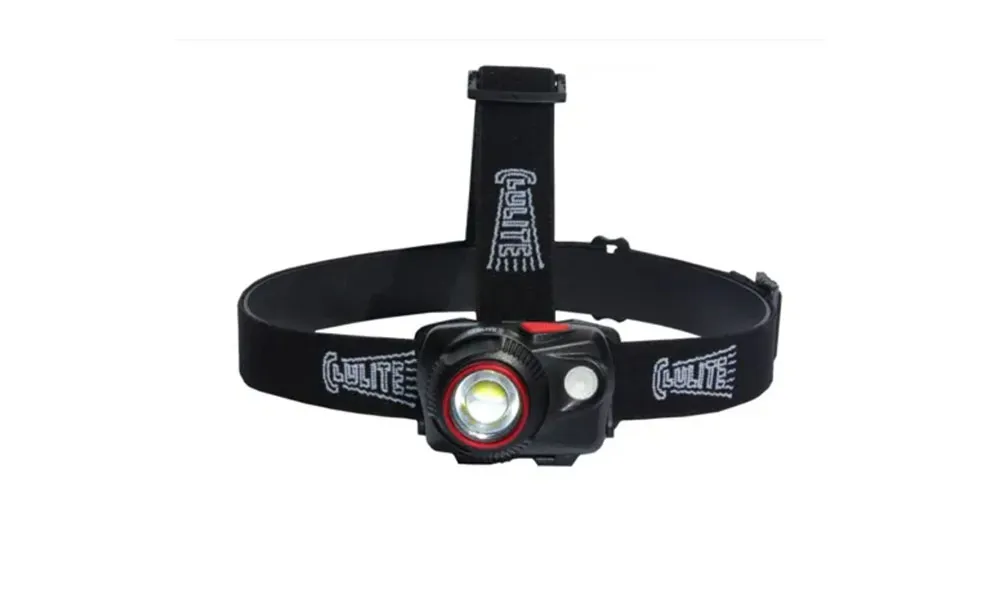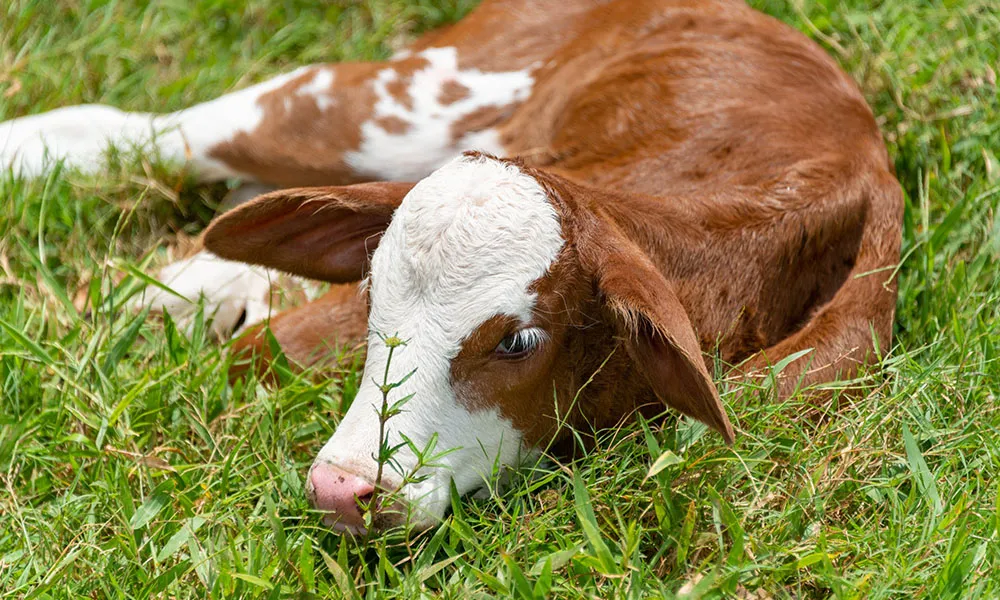
With calving season well underway in parts of the country, many farmers will start to worry about the threat of cryptosporidium. And with good reason. Scour caused by cryptosporidiosis is the leading cause of death in weanling calves and is, therefore, a major source of revenue loss on Irish farms.
What is cryptosporidium?
Sometimes known as crypto, cryptosporidium is a parasite that colonises the intestinal tract of ruminants. Among the many parasites that plague Irish farms, crypto is one of the most aggressive and has a very high mortality rate. The cryptosporidium parasite develops in 3 stages: the meronts, the gamonts and the oocysts. The parasite reproduces within the walls of the intestinal tract. Once fully developed to the oocyst stage, it is capable of surviving outside of the host animal for some time. The oocysts are washed out of the infected animal in the feces, where the linger for long enough to spread to new hosts and begin the reproduction cycle again.
Signs and symptoms of cryptosporidium infestation
As many experienced farmers can testify, the main symptom of cryptosporidium is scour. It is estimated that crypto parasites account for the vast majority of fatal calf scour cases. The reality is that, without timely intervention by the farmer, crypto-related scour will probably be fatal. This is because the calf under duress cannot retain fluid in the body, and therefore succumbs to dehydration from constant scouring. Unfortunately, even when treated early, calves do not always survive.
Reports from DAFM and DARD veterinary services have revealed that up to 40% of calf deaths in the first six weeks after birth are attributable to scour. The frequency with which calves succumb to scour means that cryptosporidium is inestimably destructive of farm revenue in Ireland.
Treatment
So your calves have scour from cryptosporidium? OK. You have to take immediate action, to make sure that he or she is hydrated. Remember that if death occurs, it will likely be from dehydration. Make sure that the calf has access to plenty of clean drinking water. If possible, you should add some electrolytes, too. These will help to facilitate bodily functions while the calf’s organs are under pressure. It is also a good idea to call your vet, who might give you a prescription for Halocur.
If you do manage to rescue your calf from the menace of scour, congratulations! But your well-earned celebratory drink should be bittersweet. Even when treatment of crypto is successful, most calves never fully recover from it. If you wanted to estimate the total loss of revenue on Irish farms due to cryptosporidium, you would also have to factor in the loss of body condition due to scour. When calves contract crypto scour, they don’t normally thrive afterwards. At best, this leads to delayed finishing times and poor selling prices. At worst, it means susceptibility to further disease.
Prevention is Better than Cure
This brings me around to a final key point. When it comes to cryptosporidium, prevention is better than cure. Like a range of other animal diseases, cryptosporidium in calves is difficult to cure. The only drug treatment for it, Halocur, is available only with a veterinary prescription. It is a radical drug, and you don’t want to have to use it if you can avoid it.
Instead, you should take pre-emptive action over the coming weeks. There are excellent food supplements now on the market, which help prevent the onset of cryptosporidium in weanling calves. For instance, a mineral lick from Uniblock, called Coxxicalf, if fortified with seaweed, yeast and essential oils. These ingredients will help to improve your weanlings’ digestion, reduce protein degradability, and improve immunity to parasites like cryptosporidium.
Another excellent supplement is CryptoGold, which should be given to calves in the weeks prior to weaning. This is a natural product, so it’s perfect for all you organic farmers! CryptoGold is made from citrus extract and sodium chloride citrus seed extract, and promises to protect gut integrity. Any product that helps to maintain a healthy gut will reduce the risk of crypto oocysts developing in your calf’s intestinal tract.
Then there are the old reliables. Dycoxan is a strong oral drench with powerful anti-coccidial properties. A long-standing favourite for farmers, it will help to safeguard your calves against the development of crypto oocysts. And for those of you who prefer boluses and capsules to oral drenching, Cryptocaps are a tried and tested way of preventing the onset of cryptosporidium. An egg-powder capsule supplement, Cryptocaps will help to boost calves’ overall immunity to coccidia parasites.





